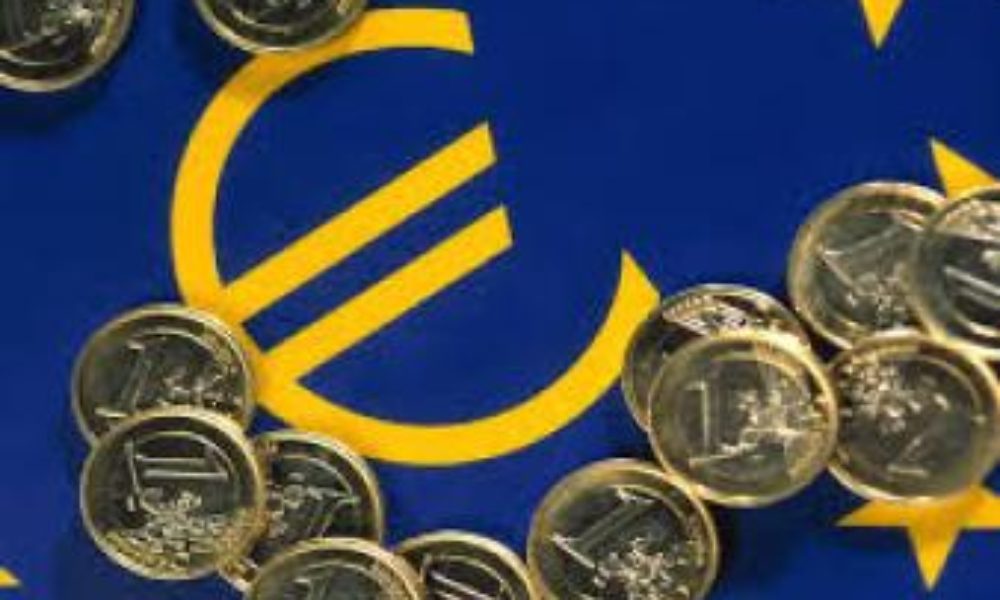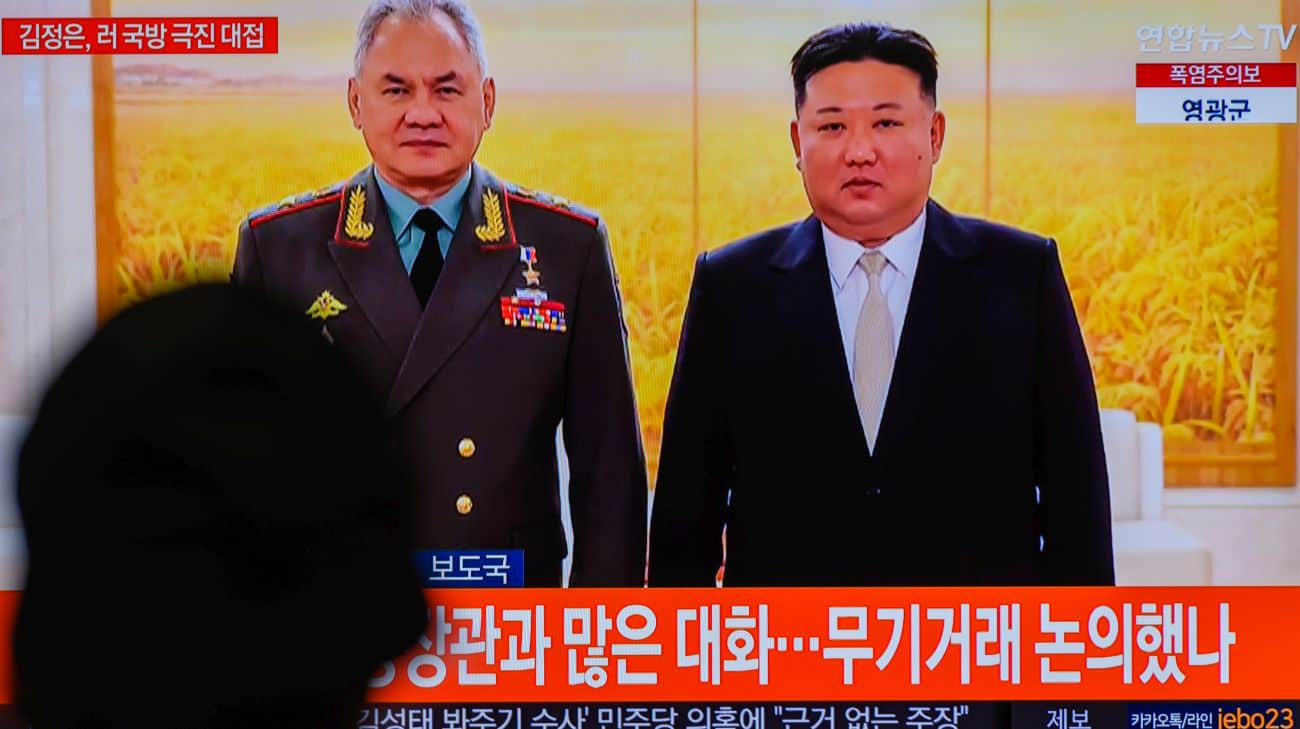Europeans play monopoly with defense and resilience

In the autumn of last year, Mario Draghi presented a report at the request of Ursula von der Leyen, in which he said that the EU has a choice between impossible and irrelevance and a long agony. The « impossible » meant investments of at least 800 billion euros annually in « public goods », at least until 2030. The focus of the former president of the European Central Bank was placed on the European military industry. As many economists have anticipated then, the new von der Leyen commission has only taken a few slices from the Draghi report and tries to find crumbs to finance the suggested projects.
The star is the Rearm Europe program, for which 800 billion euros are to be mobilized by 2030. 650 billion euros should be mobilized by restricting the budgetary constraints imposed on EU states, and 150 billion would come from loans for joint defense projects. There are funds that should ensure that Europe can carry a potential war against Russia without the support of the United States.
The EU executive has decided that if the UK wants to have access to a slice of 150 billion euros, it will have to pay separately, as long as it is no longer part of the EU. Even the government of France, which is otherwise presented as the Guardian of Eastern Europe in front of Russia, has found that it is time to mix the fish with the war and solve a post-Brexit dispute related to fishing in the sea, under the pressure of weapons business. In order not to escape a seemingly profitable business, the British government came with a proposal, at a « secret dinner » from the beginning of April, as written by Politico.eu. It is about setting up a bank for re -armament, which would escape the political uncertainty of defense budgets and would benefit from the confidence of rating agencies in the countries that would participate in such a bank, ie participates in « secret dinner » – the United Kingdom and the Nordic countries (Poland is the only country outside this group that London wants to attract).
Therefore, more and more projects for financing the armor are in Europe. However, their viability is questioned. First of all, most EU projects and reports are praised, and then closed in a drawer in Brussels. Secondly, the current plans for arming are based on non-existent money: there are money moved by each government and the European Commission from one basket to another, to look as many as possible. About the same thing that stupid managers do with the funds of the companies when the shareholders ask them.
An article published by Responsible Statecraft shows that the British Bank for Argument (the Bank for Defense, Security and Resility) aims to support new investments in defense and generate profit, but what would actually manage to cover the constant increases of the cost of arming and modernizing programs (at least in the case of the British. The nuclear submarine fleet, in creating a new nuclear fossa together with the US, in tank programs – all exceeding the estimated costs).
As for the Rearm program, it is built in the air. It is based on the fact that the EU states will invest a total of 650 billion euros in the arry, by 2030, because a 1.5% increase in GDP for arming will be exempted from the current rules of the deficit. So what? It is a naivety or nonsense for national governments to believe that exemption from an infringement and reducing EU funds would delete the real debt that a state would do. France should increase its defense expenses by 47 billion euros each year, while the public debt is 113% of GDP. Italy should spend more annually, and the public debt is now 136% of GDP. For these countries, such expenses would be too risky – and in financial markets, and in internal politics, where it would also mean the reduction of social programs.
What happened in reality is not an enthusiastic heirmarm of the EU states, but an attempt to change the definition of defense, so that expenses that have little to do with potential war as military expenses. In this way the European states reach the percentage of 2% for defense required by the US (which will be raised, most likely to 3.5% of GDP, at the NATO summit this summer), maybe some of the investments within the Rearm program.
The case of Italy is conclusive. Italy is among the NATO codas in terms of defense expenses, sensitive below 2% of GDP. But this summer it will surprisingly reach the 2%threshold. How? Passing to the defense chapter the expenses of the Financial Guard, of the Carabinieri and the Coast Guard. The Financial Guard is fighting with the mafia, as well as the carabinieri, and the coast guard struggles with the enemy called migration. Italy does not violate the letter of NATO, but interpret the spirit. And if Italy had a weak performance in respecting the threshold of 2% of GDP is because it has not included the above expenses in the chapter of defense so far, as other states had already done it.
The Government of Italy, as in other European states, does not want to increase taxes, cut into living meat in the health budget, in social insurance – because from here you can come money for defense, not money on paper that is talked about in plans such as Rearm and the Bank for Defense and Resilice. In the states closer to the line of the front in Ukraine, the political risk of reducing social spending or strong indebtedness is lower, and investments in defense can be done in « reality », not just by modifying definitions.
The proposed bank for defense and resilience would only manage to cover the constant increases in the cost of already undergoing programs, and I would only manage to provide loans for weapons deliveries that would prevent a much larger part of Ukraine by Russia, in the most likely) of continuing the war. And these two initiatives, next to the expense thresholds established by NATO (be they 2% or 3.5% of GDP) are very similar to « moving non-existent money from one place to another, as in a monopoly of European defense, » writes Ian Proud, a former economic adviser to the Britain’s Embassy in Moscow, for Statec. In this way, there is a major risk that the security of the states will be based not on collective defense, but on a championship of accounting definitions in which governments take extra points if they compete Luxemburg.
Given the ease with which these amounts, initiatives, plans, European voters should listen to Margaret Thatcher again talking about public money, after the war with Argentina for Falkland: « Let’s not forget a fundamental truth: the state has no other source of money than the money that the state. Your savings or more taxes.








